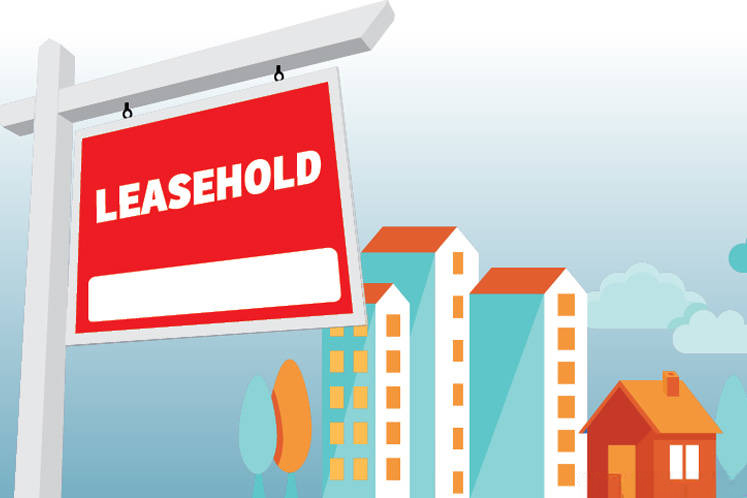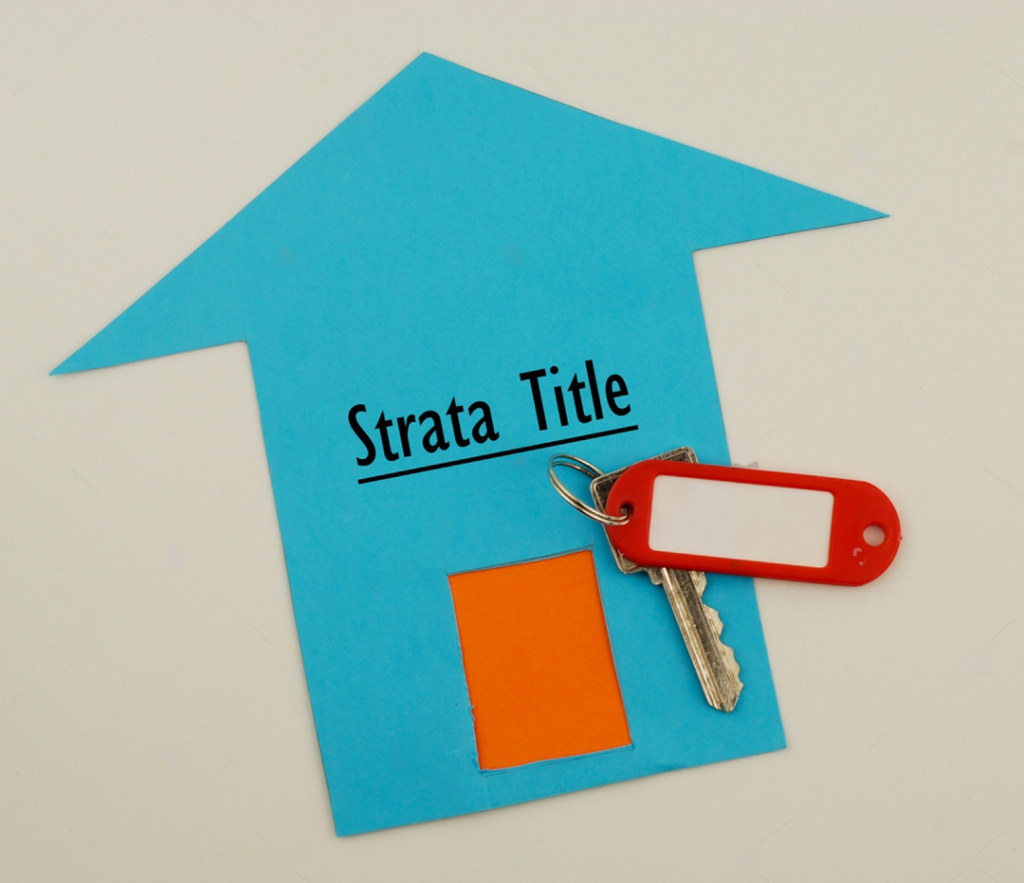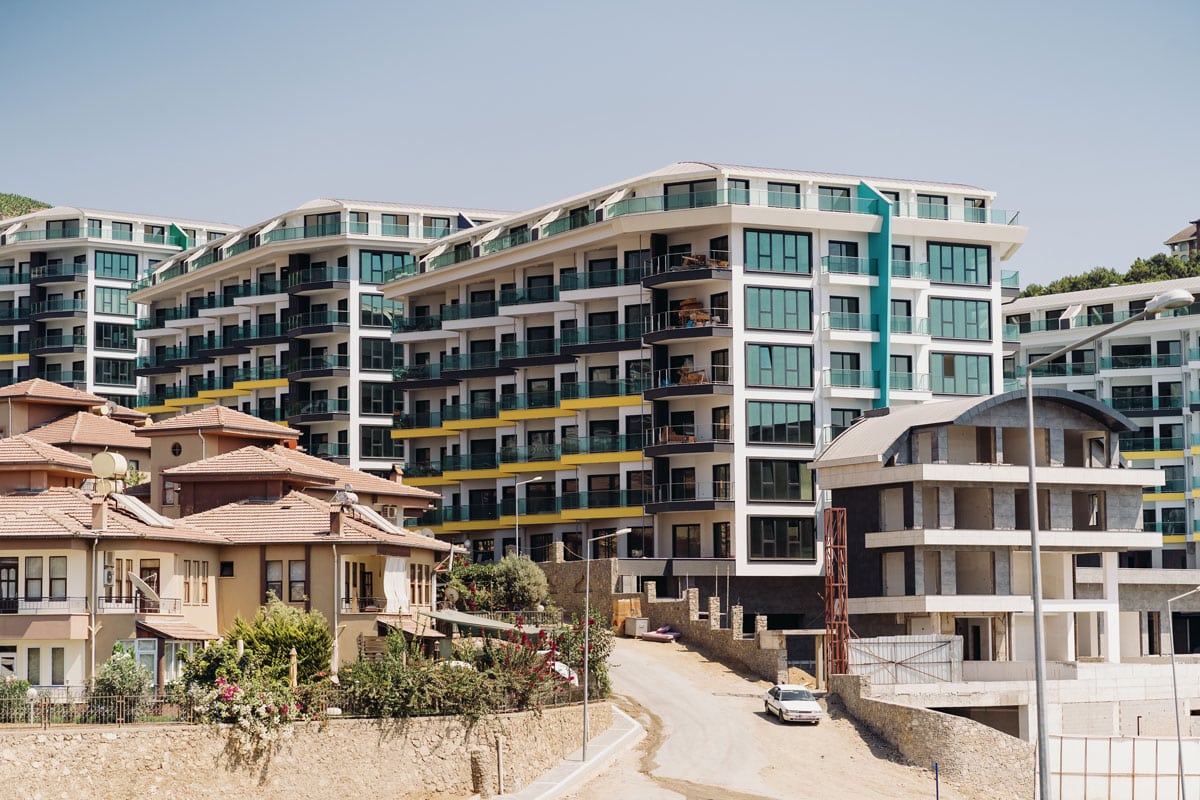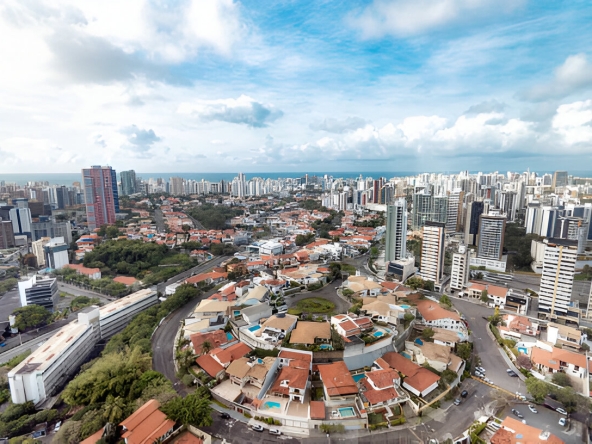When it comes to owning property in Malaysia, there are several types of ownership to consider. Understanding the different forms of property ownership is crucial for anyone looking to buy, sell, or invest in real estate in the country. In this article, we will explore the main types of property ownership in Malaysia and their key characteristics.
Freehold Ownership
Freehold ownership is the most secure form of property ownership in Malaysia. When you own a property on freehold land, you have the right to use and occupy the land indefinitely, without any time restrictions. Freehold properties are not subject to renewal fees or the risk of having the land tenure revoked by the state government.
Freehold properties are generally more expensive than leasehold properties due to the permanence of ownership. However, this type of ownership offers more flexibility and control over the property. Freehold owners can make changes to the property without seeking approval from the state authority, and they have the right to sell or transfer the property at any time.

Leasehold Ownership
Leasehold ownership is the second most common type of property ownership in Malaysia. With a leasehold title, you have the right to use and occupy the land for a specific period, usually ranging from 30 to 99 years. After the lease period expires, the land and any buildings on it revert to the state government, unless the lease is renewed.
Leasehold properties are generally more affordable than freehold properties, but they come with certain restrictions and limitations. Leasehold owners may need to seek approval from the state authority for certain changes or renovations to the property. Additionally, there is always the risk that the lease may not be renewed upon expiration, which could result in the loss of the property.

Strata Ownership
Strata ownership is a type of property ownership that applies to properties in multi-unit buildings, such as condominiums, apartments, and office buildings. With strata ownership, each unit has its own individual title, while the common areas and facilities are jointly owned by all the unit owners.
Strata properties are governed by the Strata Titles Act 1985, which outlines the rights and responsibilities of unit owners. Strata owners are required to pay maintenance fees and contribute to a sinking fund for the upkeep of the common areas and facilities.
One of the advantages of strata ownership is that it provides a sense of community and shared responsibility among the unit owners. However, strata owners may have less control over the property compared to freehold or leasehold owners, as they need to adhere to the rules and regulations set by the building management.

Master Title Ownership
Master title ownership is a temporary form of ownership that applies to properties during the development stage. When a developer acquires land for a new project, the entire land area is placed under a single master title, which is usually registered under the developer’s name.
During the construction phase, the developer is responsible for all aspects of the project, including planning, development, and sales. Once the project is completed and the individual units are sold, the developer is required to apply for separate strata or individual titles for each unit.
Master title ownership is not a permanent form of ownership, as it is intended to facilitate the development process. However, it is important for buyers to understand the implications of master title ownership, particularly in terms of the developer’s responsibilities and the timeline for obtaining individual titles.

Individual Title Ownership
Individual title ownership is a type of property ownership that applies to landed properties, such as bungalows, semi-detached houses, and terraced houses. With an individual title, the owner has exclusive rights to the land and the property built on it.
Individual title ownership offers the highest level of control and flexibility, as owners can make changes to the property without seeking approval from any governing body. Additionally, individual title owners are solely responsible for the maintenance and upkeep of their property.
One of the advantages of individual title ownership is that the registration process is generally faster and simpler compared to strata ownership, as it involves fewer parties and less bureaucracy.

Final Thoughts
Property ownership in Malaysia can take several forms, each with its own advantages and disadvantages. Freehold ownership offers the most secure and flexible form of ownership, while leasehold ownership is more affordable but comes with certain restrictions. Strata ownership is suitable for properties in multi-unit buildings, while individual title ownership is ideal for landed properties.
When considering property ownership in Malaysia, it is important to carefully evaluate the type of ownership that best suits your needs and preferences. Factors such as budget, location, and lifestyle should all be taken into account when making this decision. By understanding the different types of property ownership, buyers can make informed decisions and ensure a smooth and successful property purchase.







